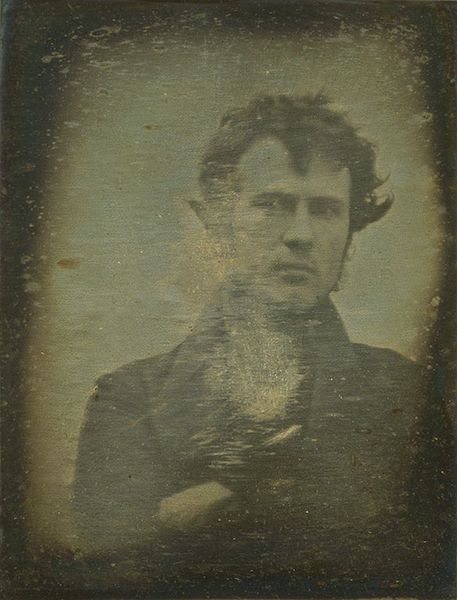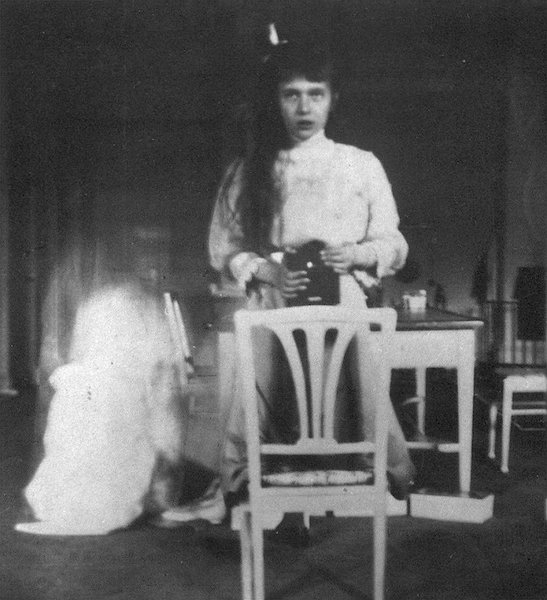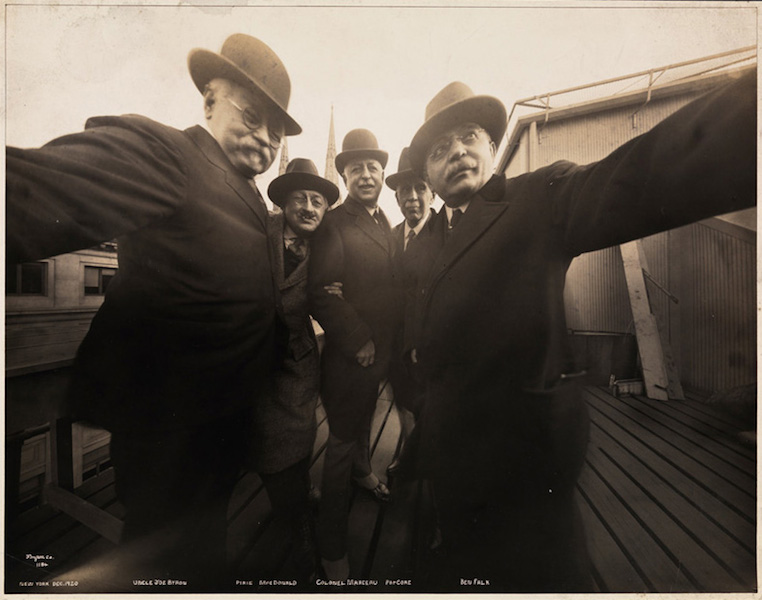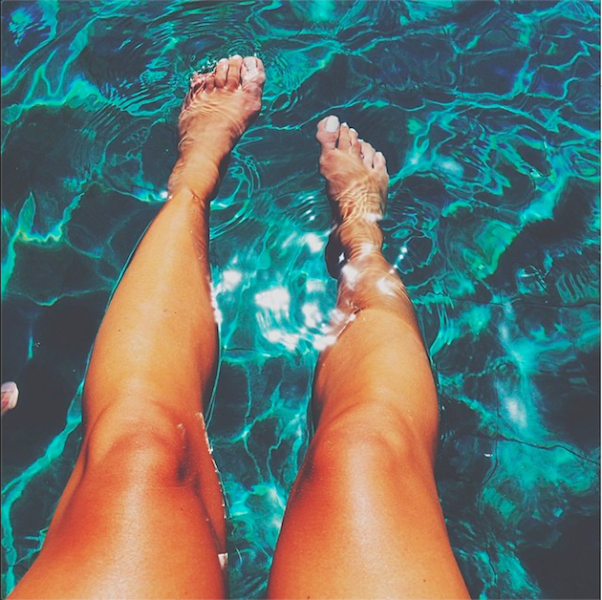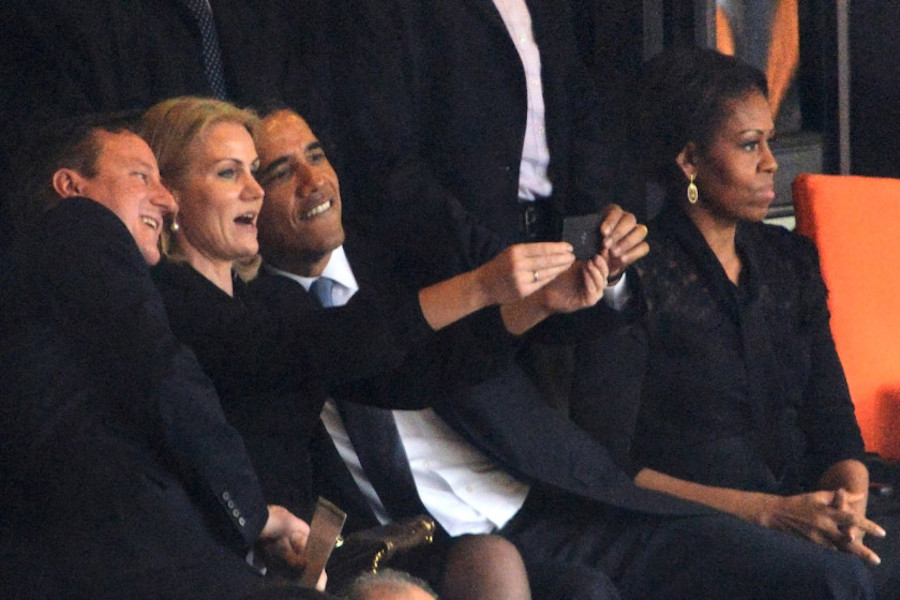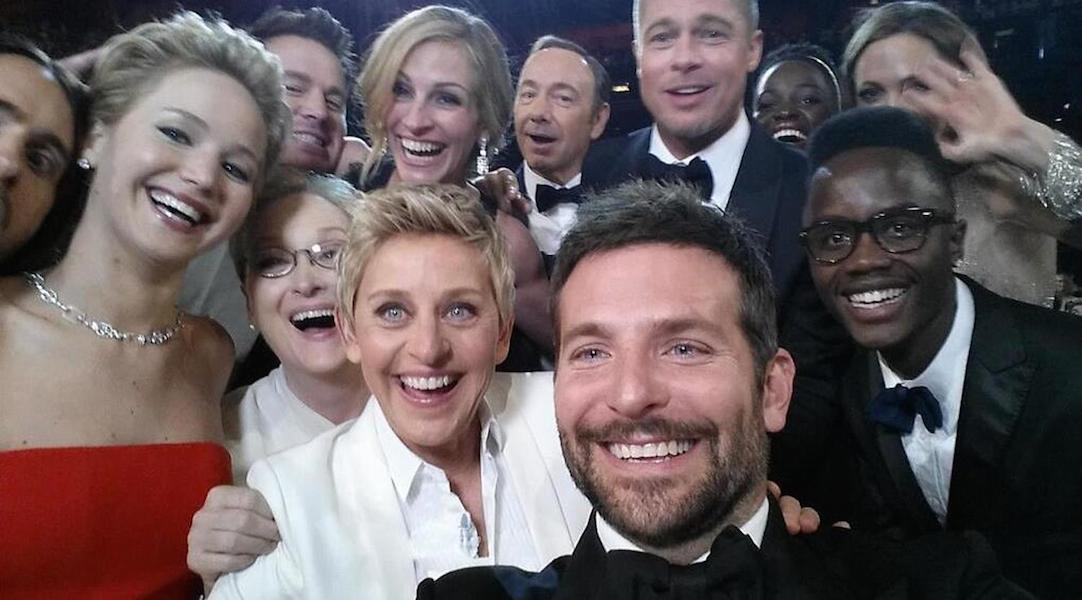Discover the secret history of the selfie…
The word “photograph” is a Greek word meaning “writing with light.” It now seems that everyone is the writer, director and actor of their own show, documenting their lives through pictures; albeit pictures heavily edited to disregard the ugly and showcase the beautiful.
As The Truman Show – which takes George Orwell’s 1984 to extremes – states “nothing you see on this show is fake, its merely controlled.” But can controlling our identities on social media be damaging, as we swap authenticity for a focus on status and likes? Or have we always put our best face to the world, just in less high-tech ways?
What’s your best angle? Your favourite filter? Before the concept of the “selfie” became embedded in our culture, there was a slight shame associated with uploading flattering new profile pictures for Facebook or Twitter. But popularisation of the word itself (it entered the Oxford English Dictionary in 2013) has given an element of lighthearted humour to the act.
But the selfie generation is far from unique. There are many historical examples, such as the first known selfie taken by Robert Cornelius in 1839, or shots showing groups of Edwardian men huddled round their camera. The Russian Grand Duchess Anastasia Nikolaevna was, at the age of 13, one of the first teenagers to take a selfie using a mirror in 1914. She then sent it to a friend stating in the letter “I took this picture of myself looking at the mirror. It was very hard as my hands were trembling.” It seems techniques haven’t changed that much. These historical selfie pictures show our eternal hunger to know what we look like through someone else’s eyes – and perhaps therefore to gain a greater sense of self.
The celeb-stuffed selfie at the 86th Academy Awards initiated by host Ellen Degeneres achieved a staggering 3 million retweets – and a whole host of press commentary as to its significance. President Obama made people question the time and place for selfies when caught posing for one at Mandela’s funeral, whilst Sir Ian McKellen and Sir Patrick Stewart have parodied their vanity.
Brands have been quick to get in on the act too. Cancer Research UK’s take on the #nomakeupselfie went viral earlier this year, allowing women declare to the world: “here I am looking good without makeup and I’m giving to charity” – and the world couldn’t decide whether it was admirable or abhorrent. And Samsung’s #UnderwaterSelfie challenge, created for the launch of their new Galaxy S5, provides an extreme modern take on the old pond-gazing Narcissus myth.
The exploration of the self is one that has fascinated many philosophers and academics alike – Descartes’ “I think therefore I am” is rapidly morphing into: “I think therefore I Instagram.” If you’re not on the platform, it can soetimes feel like you barely exist – particularly if you’re involved in fashion, Cara Delevingne was photographed by Nick Knight in 2012 in the first Instagram photo shoot. Kendall and Kylie Jenner use their feed to showcase peace signs and 90’s grunge, while bloggers Angelica Blick and Kristina Bazan share beautiful shots from their travels.
Its supporters might say that, from decorative coffees to stunning sunsets, we are surfacing previously unnoticed moments of beauty in everyday life. Its detractors would call us a bunch of surface-obsessed narcissists.
The great philosopher Alan Watts once said “Click, click, click, click, click, “See what happened?” Of course I wasn’t there, I was just photographing it.” Our grandparents show us photos of precious moments that they still remember as brightly and vividly as if it was yesterday, even though the picture itself has faded. They were fully in the present, capturing an important experience rather than creating a throwaway set of pixels. It’s hard not to feel that we’ve lost something – both in our appreciation of the present and our attitude to photography.
Perhaps the most vital questions about selfies remains: who are they for? Are they really a way to share our lives with others – or proof to ourselves that we really were there, in body if not in absent mind?
Words: Sarah Eve

